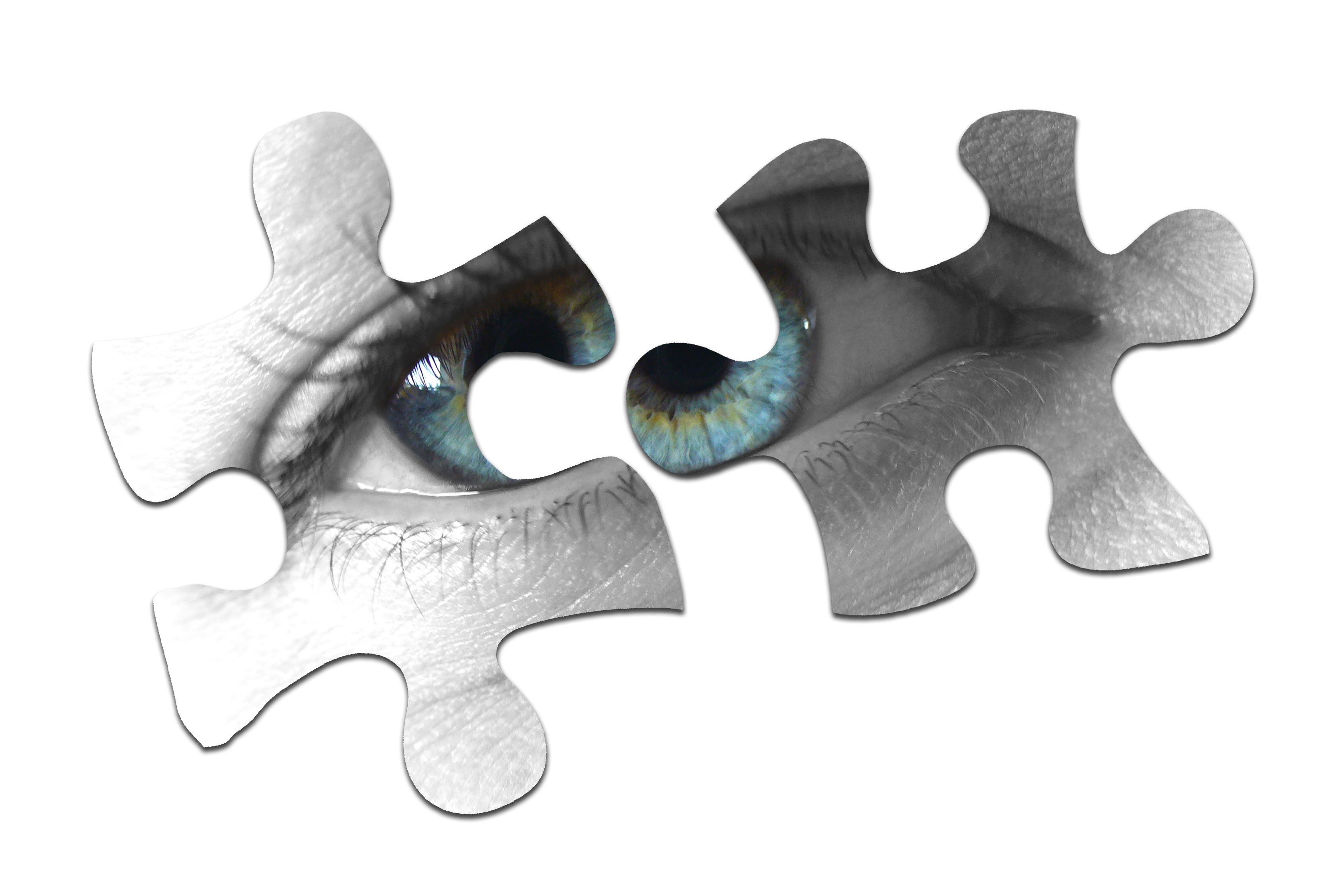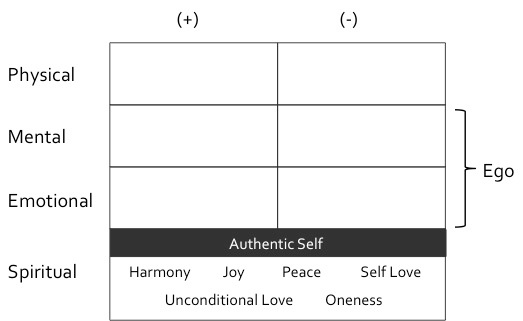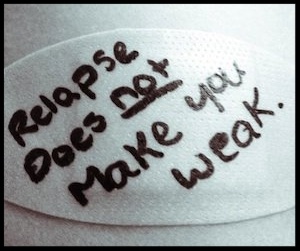
Why is it that so many people who want to recover from addiction cannot? What’s missing in addiction treatment that prevents them from healing?
Sure, there are some who enter treatment under coercion -- be it from their partner, their parents, or their parole officer. But many people who seek treatment for addiction truly want to get well.
So why don't they?
The Two Missing Ingredients in Addiction Recovery Programs
Many typical 12-step addiction recovery programs fall short because they lack adequate support for healing the underlying ...
- Mental-level and
- Emotional-level issues required for lasting recovery
Most traditional addiction recovery programs rely on a combination of behavioral modification and / or willpower. These can be important contributions to sobriety, but most often fall short. 12 Step success rates, for example have been estimated to be as low as 5-10%.
Some research has also shown that many humans have a finite amount of willpower, leading to the theory of "willpower depletion". The theory is that when it's gone, it's gone ... and a binge or a splurge often follows.
What's needed? To go beyond simple behavioral modification and willpower techniques. There's a need to address the underlying core issues causing addiction to occur in the first place.
To do this, we need to delve into mental and emotional-level work to identify and heal these underlying core issues. It's harder work, which is why most rehabs don't do it.
Four Levels of Self: Keys to Addiction Recovery
Human beings exist on four levels of self, which are as follows:- Physical level: What we do
- Mental level: What we think and believe
- Emotional level: What we feel
- Spiritual (or “authentic self”) level: Who we truly are
In order to recover from addiction, we must do the work of healing issues at the mental and emotional levels.
At this point, you might be wondering: But why? Why is it not sufficient to just work on what I do (the physical level)?
After all, if you stop using drugs or drinking alcohol, problem solved, right?
Not so fast.
The Case for Holistic Addiction Treatment
Since we are holistic beings, the levels of self are not separate. They are integrated, and they always seek to be in alignment.

What that means is that our emotional and mental level states impact our physical-level reality. If you’re at a really low point at the mental level, then your emotional and physical states will be pulled down too. What happens on one level of self affects all of the other levels too.
So what happens when you make a big physical-level gain - such as getting sober - but your mental and emotional levels stay at the same low point?
Pretty soon, you relapse.
Or you swap one addiction for another, going from abusing drugs to abusing credit cards. Your behavior looks different, but all you’ve done is swap out your props. You’re still acting in ways to express the same underlying pain.
Since you didn’t heal the mental and emotional upsets, you were pulled back to a dysfunctional physical-level condition as soon as stress hit and you couldn’t sustain the willpower any longer.
Here's how the 4 levels of self work in relationship to one another:
Sadly, we see a lot of residential rehabs that don’t provide sufficient professional counseling support to help people to heal on these deeper levels. After all, it’s expensive to provide good counseling; it’s much cheaper to give people physical-level coping strategies and tell them to stay out of bars.
As you might expect, however, the behavioral modification / willpower approach does not effect lasting change. It doesn’t address the underlying core issues - the depression, anxiety, trauma, loss, and despair - that led to the alcohol or drug abuse in the first place.
Preventing Relapse
The good news is that when you do the mental and emotional-level work, you can sustain long-term sobriety.
But what does mental and emotional level work look like?
How do you know if you’re really moving the needle on healing those upsets and hurts? In our non 12 step rehab, we use a series of elegantly simple yet profound strategies to help our participants identify and address underlying core issues that fuel addiction.
In our non 12 step rehab, we use a series of elegantly simple yet profound strategies to help our participants identify and address underlying core issues that fuel addiction.
Moreover, we teach them how to heal emotional-level pain by applying love to the wounded parts of the psyche.
We also have a proven process that supports and empowers you to create a supportive space in order to do the healing work.
These steps and skills are essential prep work; they ensure a safe environment for healing.
Holistic Addiction Treatment: Mental-Level Work
When working on the mental level, it’s imperative to identify and forgive your thoughts, judgments, and limiting beliefs.
One type of mental therapy that we use to heal judgments and limiting beliefs is Rational Emotive Therapy (RET).
In RET, mental upset comes from living in the past or in the future, so we practice offering love and compassion in the here and now.
Here are several step-by-step guides to the processes we use on this level:
- Addiction and Judgments: How to identify and forgive judgments
- What Are Limiting Beliefs?: Are they holding you back?
- Addiction and Self-Forgiveness: How to address and forgive judgments and limiting beliefs
Holistic Addiction Treatment: Emotional-Level Work
On the emotional level, you need to learn how to offer love and compassion to the hurting, wounded parts of yourself.
The way you do this is by following the energy back and getting to the root cause of your pain.
Then you give kindness and care to that hurting younger part of your psyche.
The addiction counseling strategies we recommend for this level include Gestalt, Object Relations, Developmental Psychology, and Neuro Linguistic Programming (NLP).
They can help you to take care of your emotional wounds and get free from the negative energy you’ve been carrying for years.
How Trauma and Addiction Go Together
If you've had adverse childhood experiences (ACEs) and / or other traumatic events in your past, it’s especially important to do this emotional-level and mental-level work.
Here are several step-by-step guides and resources to get you started:
- Do You Have Adverse Childhood Experiences? Take the Quiz
- The Truth About Childhood Trauma and Addiction
Lasting Addiction Recovery
Are you feeling daunted by the prospect of doing mental and emotional-level work to heal from addiction? Are you afraid at the feelings that might come up?
If so, that’s understandable.
But here’s the truth: If you’re struggling with substance abuse, then you’re already carrying around a lot of mental and emotional pain.
If you’re willing to learn and allow yourself to feel some of the feelings you’ve been avoiding, you can significantly lessen the weight that you carry around each day. Yes, it might feel challenging to face up to hold hurts, but as you heal them you feel lighter, freer, and happier than you ever have.
If you think it isn’t possible, just remember that we do this “impossible” work with people like you every single day.
“It always seems impossible until it’s done.”
- Nelson Mandela
Learn more by downloading our free eBook, "Healing Underlying Core Issues" by clicking below:



